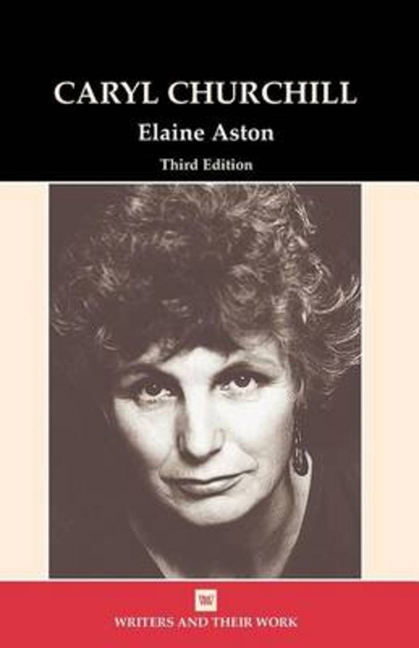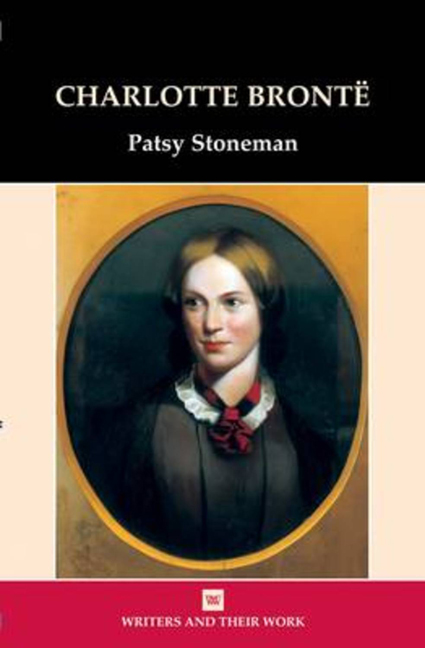142 results in Writers and their Work

Iain Sinclair
-
- Published by:
- Liverpool University Press
- Published online:
- 03 January 2020
- Print publication:
- 01 December 2007
-
- Book
- Export citation

Brian Friel
-
- Published by:
- Liverpool University Press
- Published online:
- 03 January 2020
- Print publication:
- 01 November 2009
-
- Book
- Export citation

Carol Ann Duffy
-
- Published by:
- Liverpool University Press
- Published online:
- 03 January 2020
- Print publication:
- 01 June 2010
-
- Book
- Export citation

J.G. Farrell
-
- Published by:
- Liverpool University Press
- Published online:
- 03 January 2020
- Print publication:
- 30 April 2007
-
- Book
- Export citation

Caryl Churchill
-
- Published by:
- Liverpool University Press
- Published online:
- 03 January 2020
- Print publication:
- 01 July 2010
-
- Book
- Export citation

Henry James
- The Later Writing
-
- Published by:
- Liverpool University Press
- Published online:
- 03 January 2020
- Print publication:
- 01 July 1995
-
- Book
- Export citation

Henry Fielding
-
- Published by:
- Liverpool University Press
- Published online:
- 03 January 2020
- Print publication:
- 01 August 1995
-
- Book
- Export citation

J.R.R. Tolkien
-
- Published by:
- Liverpool University Press
- Published online:
- 03 January 2020
- Print publication:
- 01 December 1995
-
- Book
- Export citation

Brian Patten
-
- Published by:
- Liverpool University Press
- Published online:
- 03 January 2020
- Print publication:
- 26 September 1996
-
- Book
- Export citation

J.G. Ballard
-
- Published by:
- Liverpool University Press
- Published online:
- 03 January 2020
- Print publication:
- 10 January 1998
-
- Book
- Export citation

James Joyce
-
- Published by:
- Liverpool University Press
- Published online:
- 03 January 2020
- Print publication:
- 20 February 2012
-
- Book
- Export citation

D. H. Lawrence
-
- Published by:
- Liverpool University Press
- Published online:
- 05 December 2019
- Print publication:
- 01 June 1997
-
- Book
- Export citation

Charles Tomlinson
-
- Published by:
- Liverpool University Press
- Published online:
- 05 December 2019
- Print publication:
- 01 June 1999
-
- Book
- Export citation

E. M. Forster
-
- Published by:
- Liverpool University Press
- Published online:
- 05 December 2019
- Print publication:
- 01 December 1999
-
- Book
- Export citation

Edith Wharton
-
- Published by:
- Liverpool University Press
- Published online:
- 05 December 2019
- Print publication:
- 01 January 2001
-
- Book
- Export citation

Edmund Spenser
-
- Published by:
- Liverpool University Press
- Published online:
- 05 December 2019
- Print publication:
- 01 October 1995
-
- Book
- Export citation

Charlotte Bronte
-
- Published by:
- Liverpool University Press
- Published online:
- 05 December 2019
- Print publication:
- 01 March 2011
-
- Book
- Export citation

Arthur Hugh Clough
-
- Published by:
- Liverpool University Press
- Published online:
- 05 December 2019
- Print publication:
- 01 October 2005
-
- Book
- Export citation

Doris Lessing
-
- Published by:
- Liverpool University Press
- Published online:
- 05 December 2019
- Print publication:
- 31 August 2014
-
- Book
- Export citation

Edward Bond
-
- Published by:
- Liverpool University Press
- Published online:
- 05 December 2019
- Print publication:
- 01 January 1998
-
- Book
- Export citation

